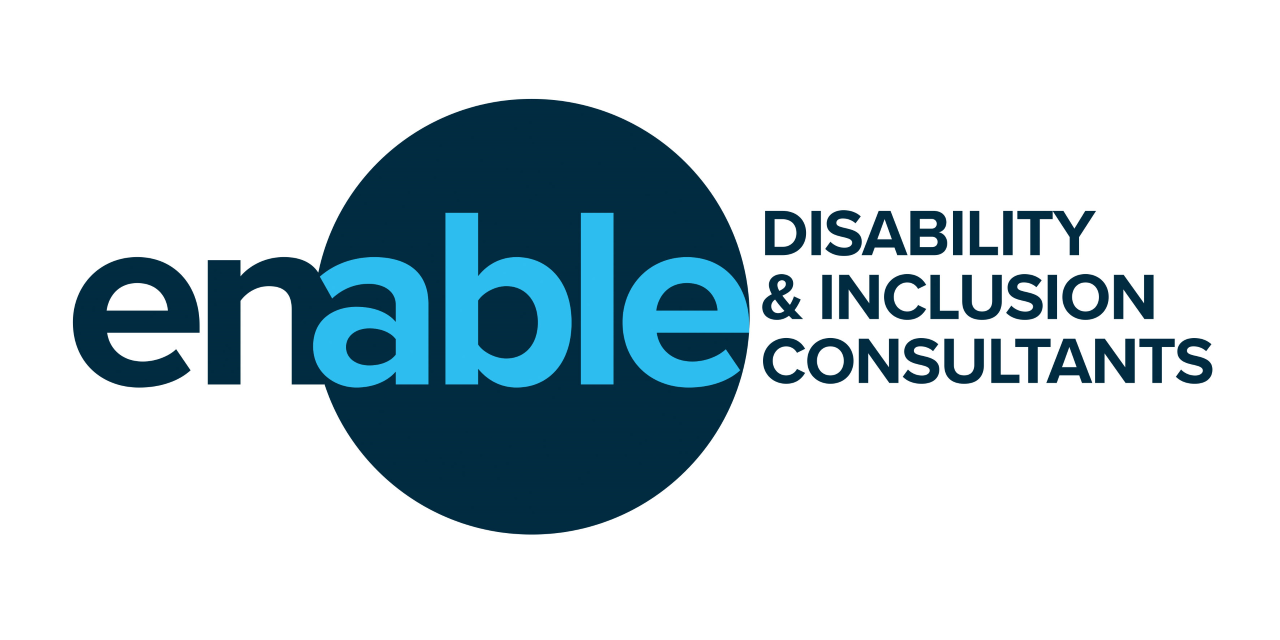Keep up to date /
Remove barriers through meaningful inclusion
Categories
Posted in Company Culture, Employers, Employment Legislation, Health and Wellbeing on Jun 22, 2020 by Keeley Edge
We are really pleased to have Kate Dean sharing her knowledge with us in this Guest Blog.
sharing her knowledge with us in this Guest Blog.
Kate has over 10 years' experience supporting organisations with solution focused, end to end consultancy, training and support for both managers and team members, to remove barriers and enable people to work to their strengths.
As the world starts to right itself and the economy tries to recover following the last few months, many businesses are in the difficult place of looking at restructures and redundancies. Whilst it can feel that there is no head space to consider other things at this time, keeping your team member’s health and well-being in constant focus is vital to ensure you continue to comply with legal duties, but also to make sure you enable your team members to work to their strengths and optimum performance, critical for business continuity.
Look, listen and hear!
19% of the working age population in the UK have a disability or long-term condition, however your team members may not have shared this with you. They may have been asked this question when completing HR Equal Opportunities forms when starting their role, but chose not to share this information with you for a variety of reasons. This may be because they do not identify a neurodiverse condition such as dyslexia or autism as being a disability, or feared it would have negative implications for them in their role. Or, like 84% of people, they may have acquired a long-term condition whilst in employment with you.
Listen out for team members telling you about long term back conditions, neck conditions, repetitive strains (RSI), anxiety or depression. Team members may have only just started to talk to you about this throughout lockdown, but it might have been going on for some time. Have any of your team members had absences for fluctuations in conditions such as Irritable Bowel Syndrome (IBS), arthritis or had a seizure. All of these things may be defined as disabilities under the Equality Act and trigger the legal duty for you as an employer to make reasonable adjustments.
Seek advice!
You may have no experience of working with someone with a long term condition and do not know what adjustments to make. That is okay; you only know what you know, and have experience of what you've experienced. Asking someone about personal information can be daunting and then knowing what to do with this information can feel terrifying.
Referring a team member to Occupational Health teams may determine whether someone is fit to undertake their role however a Workplace Assessment will explore with the individual the impact of their condition on their day to day tasks and activities and make recommendations on a range of tools and strategies to enable them to work to their strengths. Solutions can often be straightforward, free or low cost but make a significant difference.
For Line Managers, you may require help to determine the adjustments that would be reasonable in a particular set of circumstances; whether this be in response to a flexible working request or if your business has decided that staff need to continue to work from home for some or all of the week. Ergonomic assessments undertaken now to ensure team members are working comfortably, can prevent absence or issues in the future and again achieve optimum performance. Facilitating conversations between Line Managers and team members are vital in order to involve everyone as part of the solution, bring parties together and reduce the potential for conflict or litigation down the line.
Be proactive!
Regularly check in with your team, ask them if they are comfortable in their (probably makeshift) home working environment. Start to think about whether it’s time to explore more formal Display Screen Equipment (DSE) assessments or ergonomic assessments are needed.
Are team members feeling more productive working from home as they can better concentrate or extend their days to allow a rest period? Are they able to try the multiple free and inbuilt online tools to help with mindmapping ideas, hearing information rather than reading it, or dictating responses to emails or when drafting reports? All the things that people may feel too self-conscious to do in the workplace but actually enables them to be more productive.
 When going through restructures, you may need to interview candidates for remaining, new or reshaped roles. You will of course want to get the best candidate for the job and have a team that despite being streamlined can work as effectively, if not more so, than before.
When going through restructures, you may need to interview candidates for remaining, new or reshaped roles. You will of course want to get the best candidate for the job and have a team that despite being streamlined can work as effectively, if not more so, than before.
Interview processes can contain many barriers which may prevent the best candidate from shining. Be welcoming in asking candidates if they have any adjustments or requirements that would help them to participate in the interview process.
Lengthy questions or those with multiple parts, can become a memory test as candidates try to remember what you have asked, rather than enabling someone to demonstrate their experience. Having a written copy of the questions for candidates to refer to can help anyone who takes time to process information or may experience challenges with working memory. This could be someone with a neurodiverse condition, someone experiencing chronic pain or is just anxious about the interview process. In short, anyone who would find them beneficial.
Some people may take medication so interviews at certain times of day may prevent them for performing at their best, so offering a choice of times may be helpful.
If conducting interviews or meetings online, explore the use of free inbuilt captioning tools which create subtitles on the screen. However be mindful that if you have a member of your team who is D/deaf or hard of hearing, these captions are not accurate or consistent enough to replace a human captioner or interpreter.
Whilst the last few months have presented challenges for all, whether this has been business drying up or conversely demand going through the roof, it is a really good opportunity for businesses to redefine models of working and for everyone to find their preferred and best way of working. Harnessing the strengths of everyone in this way gives your business the best opportunity to thrive and removes barriers to high performance through meaningful inclusion.
 Enable Disability & Inclusion Consultants offer end to end solution focused support for businesses, from identification of needs through to implementation of equipment and support. Working with a range of partners to seamlessly source, delivery and install equipment, taking away the additional burden that can so easily come from receiving a list of recommendations but have no time or idea where to start to source them.
Enable Disability & Inclusion Consultants offer end to end solution focused support for businesses, from identification of needs through to implementation of equipment and support. Working with a range of partners to seamlessly source, delivery and install equipment, taking away the additional burden that can so easily come from receiving a list of recommendations but have no time or idea where to start to source them.
At Key Appointments, we understand the benefits to a company who adopt a proactive approach to creating a more diverse and inclusive environment but also we understand that it can be quite complex to assess were adjustments may need to be made. That's why would highly recommend working with Kate Dean and Enable Disability & Inclusion Consultants.
If you would like an introduction to Kate, please let us know - contact Keeley on keeley@key-appointments.co.uk / 07943 116559.


